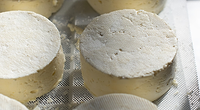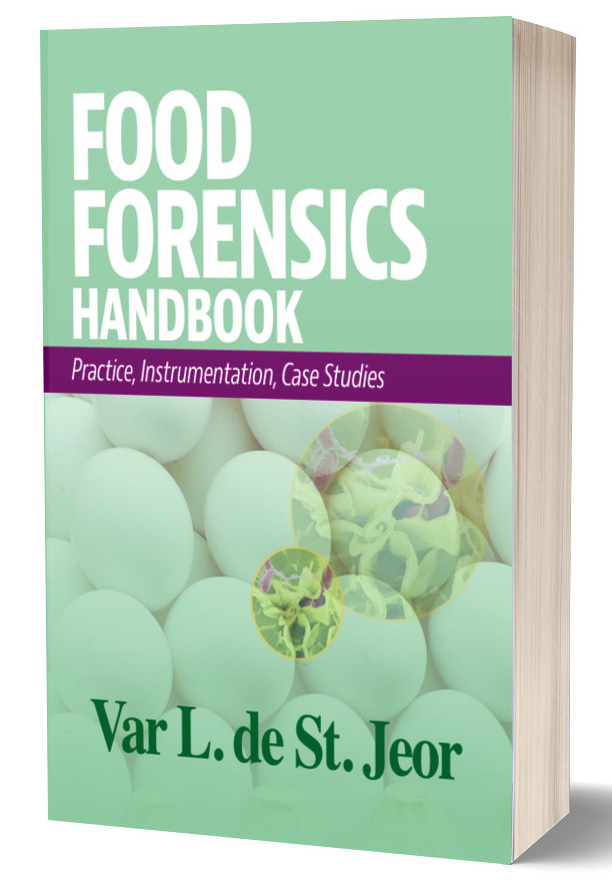Study Investigating Efficacy of Different Treatment Baths for Listeria Inactivation on Fish

Image credit: Racool_studio via Freepik
An ongoing project by the Norwegian food research institute Nofima is investigating the efficacy of different methods for Listeria monocytogenes decontamination on fish and fish products.
In recent years, new scientific evidence has shown the presence of L. monocytogenes in up to 10 percent of Norwegian salmon slaughterhouses and processing plants, and several seafood product recalls have been initiated due to contamination by the pathogen. In this context, to protect the safety of seafood products, Nofima is testing several experimental decontamination methods for salmon and trout that have not yet been approved by Norwegian authorities. The researchers hope their findings will help approve potential new treatments that can be implemented at fish slaughterhouses.
More specifically, the researchers are looking into whether L. monocytogenes can be inactivated by dipping whole fish or fish fillets in a bath of different substances, like acetic acid, low-pH compounds, or antimicrobials. For example, nisin is an antibacterial peptide approved for dairy products in Norway, which is being tested on fish as part of the Nofima project.
In the experiments, brown trout inoculated with L. monocytogenes are dipped in different treatment baths and are compared against control samples, both of which are stored over time. The researchers then measure changes in color, texture, microbial communities, and pathogen load.
The project is supported by the Norwegian Seafood Research Fund and will conclude in January 2025.
Looking for a reprint of this article?
From high-res PDFs to custom plaques, order your copy today!







